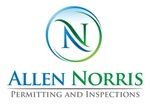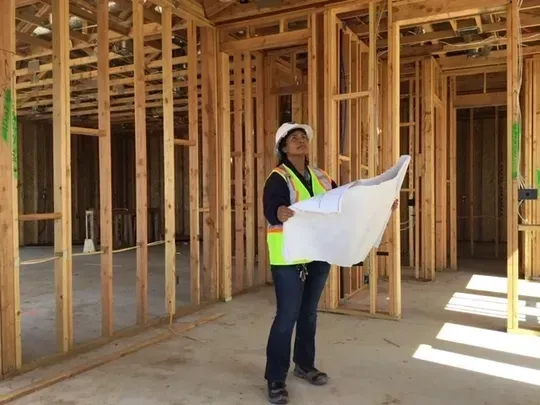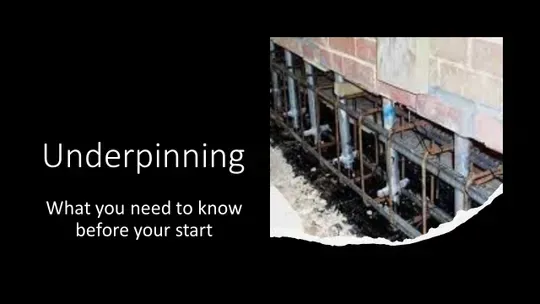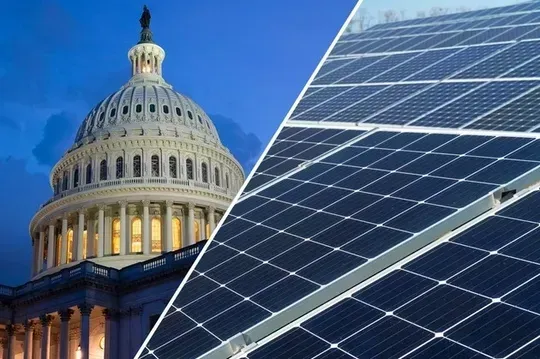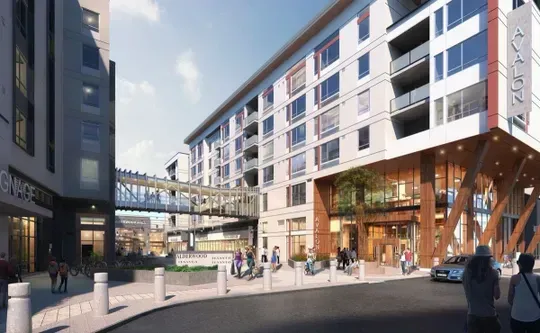International Building Codes: Shaping Residential Development in
International Building Codes: Shaping Residential Development in
November 14, 2023 | building code, Construction Code, Permit Expediting
International Building Codes (IBC) play a pivotal role in shaping the landscape of residential development across the United States, including Virginia. These codes provide a framework for safe and sustainable construction practices, ensuring that homes are built to withstand various challenges such as natural disasters, changing climate conditions, and the test of time. In this blog, we will explore the development, adoption, and interpretation of residential building codes in Virginia, highlighting their importance in creating resilient and safe communities.
The story of International Building Codes in the United States begins with the need for uniform standards to promote safe and consistent construction practices. Prior to their existence, building codes varied greatly from one jurisdiction to another, leading to confusion and inconsistencies in construction. The International Code Council (ICC), a non-profit organization, was established to address this issue. The ICC brings together experts in various fields, including architecture, engineering, and construction, to develop model building codes that can be adopted by states and local governments. The ICC's model building codes are continually updated to address evolving construction techniques, materials, and safety standards. These model codes are the foundation for residential development across the United States, providing a common baseline for building safety.
Virginia, like many other states, has adopted and adapted the International Building Codes to suit its specific needs. The process of adopting these codes involves the state reviewing the model codes and making any necessary amendments to align with local conditions and requirements. This ensures that the codes are not only safe but also practical for the region. In Virginia, the Department of Housing and Community Development (DHCD) plays a crucial role in the adoption and enforcement of building codes. They work in conjunction with local governments and stakeholders to ensure that the codes are suitable for the state's diverse landscape, including urban areas, coastal regions, and rural communities.
Interpreting building codes is a task typically carried out by building officials, architects, engineers, and contractors who must apply the codes to actual construction projects. In Virginia, as in other states, the interpretation and enforcement of building codes are critical to the safety of residential structures.
One key aspect of code interpretation in Virginia is addressing the risk of natural disasters. The state faces threats from hurricanes, floods, and earthquakes in different regions. The building codes must be interpreted in a way that mitigates these risks, ensuring that homes are constructed to withstand the forces of nature. This often involves reinforcing structures, improving foundation design, and enhancing wind-resistant features.
Additionally, energy efficiency and sustainability are important considerations in residential development in Virginia. The interpretation of building codes now includes a focus on incorporating energy-efficient features, such as insulation, windows, and HVAC systems, to reduce environmental impact and lower energy bills for homeowners.
Local variations in interpreting building codes also exist in Virginia. Coastal areas may have stricter requirements to withstand storms, while mountainous regions may focus on structural integrity against snow loads. These variations highlight the adaptability of the codes to meet the specific needs of each area while maintaining the overall safety and integrity of residential structures.
International Building Codes are a cornerstone of residential development in Virginia, providing a comprehensive framework for construction safety and sustainability. Through the collaboration of the International Code Council, state agencies like the Department of Housing and Community Development, and local authorities, these codes are adapted to meet the unique needs and challenges of Virginia's diverse landscape. The interpretation of these codes is crucial to ensuring that homes are resilient, energy-efficient, and safe in the face of natural disasters and changing climate conditions. As the state continues to evolve, so too will its building codes, ensuring that residential development in Virginia remains at the forefront of safety and sustainability.
BUSINESS INFORMATION
Phone: (410) 322-0809
Email: nallen@allen-norris.com
Other email: rnorris@allen-norris.com
Address: 107 R St NE
Washington, D.C.20002
Statement of Qualifications Download
Capability Statement Download
